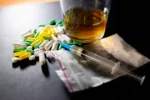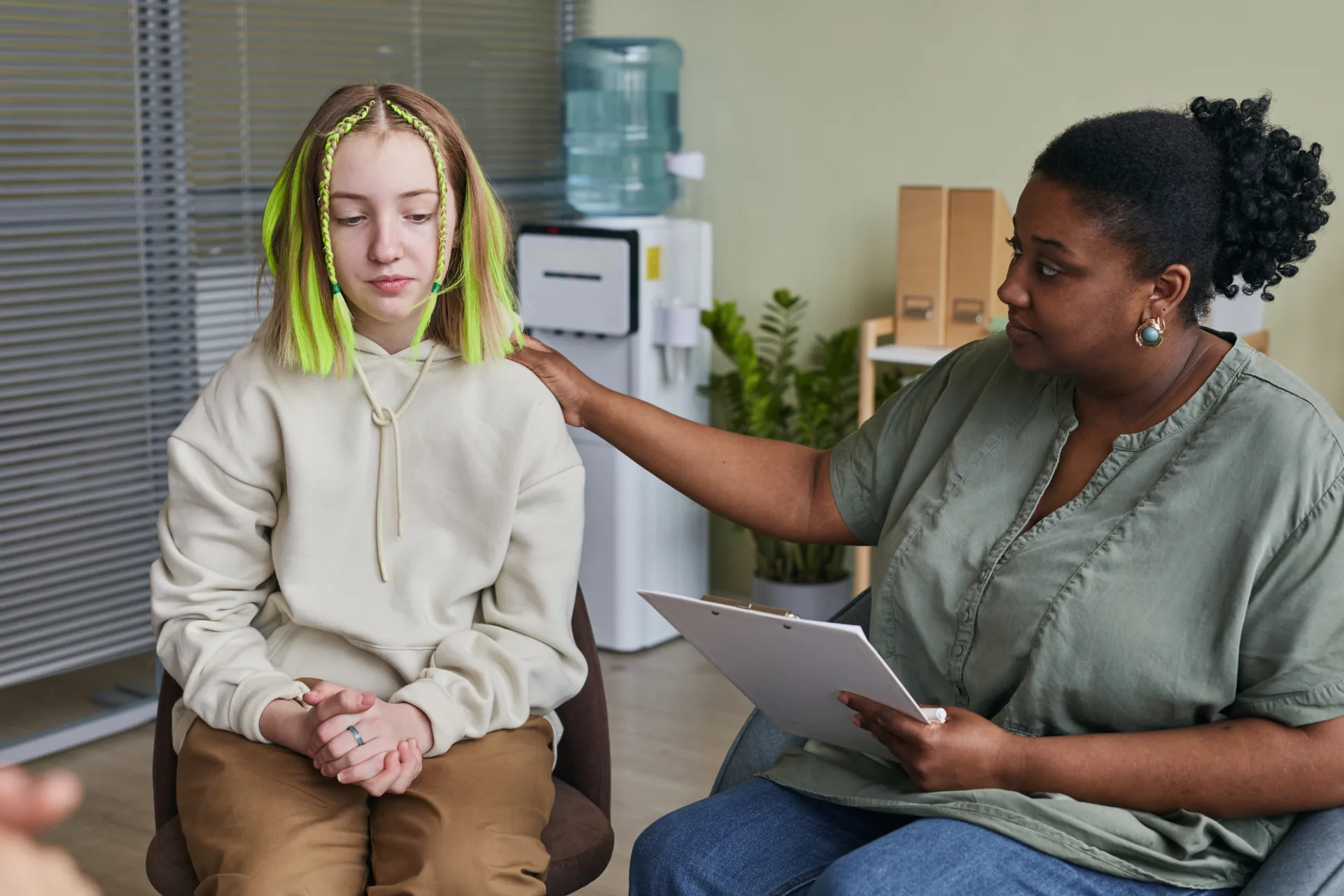
Codependency and Addiction: How They Fuel Each Other
Codependency and addiction are often linked, creating a destructive cycle that can be difficult to break. While addiction involves a dependence on substances or behaviors, codependency is a dysfunctional pattern of behavior in which one person sacrifices their own needs and well-being to meet the needs of someone else. When these two issues overlap, the consequences can be severe, not just for the individual struggling with addiction, but also for their loved ones.
In this post, we’ll explore how codependency and addiction are connected, how they can worsen each other and why healing both is essential for a successful recovery journey.
What Is Codependency?
Codependency is often described as a “relationship addiction.” Individuals who are codependent tend to prioritize the needs of others—often a partner or family member—at the expense of their own well-being. This behavior can manifest in various ways, such as enabling destructive habits, neglecting personal needs and feeling responsible for the happiness or recovery of others.
In the context of addiction, codependent individuals may become enablers, covering up for the addict, making excuses for their behavior or providing financial or emotional support to maintain the addiction. The codependent person may feel a sense of purpose or fulfillment in “helping” the addicted individual, but in reality, they are contributing to the cycle of addiction and preventing the addict from seeking real help.
How Codependency Fuels Addiction
When addiction and codependency exist together, they can create a vicious cycle that’s hard to escape. Here’s how they interact:
Enabling the Addiction: A codependent individual may feel an overwhelming need to protect the addicted person from the consequences of their behavior. This can lead to enabling, where the codependent partner might provide money for drugs, make excuses for missed work or social obligations or clean up after the addict’s mistakes. These actions allow the addict to continue their behavior without facing the reality of their addiction.
Emotional Dependence: Codependents often find their self-worth in the role they play in the addict’s life. This emotional attachment can create a dependency on the addict, even if the relationship is unhealthy. As the addict continues to use substances to cope with their problems, the codependent person may also become reliant on the chaos and dysfunction of the relationship to feel needed or valuable.
Isolation: Codependent individuals often isolate themselves from friends, family and support networks in order to focus on the addict. This isolation can reinforce feelings of loneliness and guilt, making it even harder to break the cycle of codependency and addiction.
The Power of Control: Codependency often involves a need for control. The codependent person may believe that they can “fix” the addict by controlling their behavior, but this mindset only exacerbates the addiction. Meanwhile, the addict may continue to spiral deeper into their substance use, knowing they have someone who will take care of the mess they leave behind.
Breaking the Cycle: How to Heal from Codependency and Addiction
Breaking free from the cycle of codependency and addiction requires addressing both issues simultaneously. Here are some key steps that can help individuals heal from this destructive pattern:
Acknowledge the Problem: The first step is recognizing the cycle of codependency and addiction. For those in relationships with addicts, it’s important to acknowledge the impact of enabling behaviors and how they contribute to the addiction. Similarly, the individual struggling with addiction must recognize how their substance use is affecting both themselves and those they love.
- Seek Therapy: Both individual and couples therapy are crucial for addressing the root causes of codependency and addiction. Therapy helps individuals explore their behaviors, uncover past trauma or unmet needs and learn healthier ways to cope with emotions. Cognitive behavioral therapy (CBT) is often effective for both addiction and codependency, as it helps people recognize and change unhelpful thought patterns.
- Set Healthy Boundaries: Learning to set boundaries is a critical part of breaking the cycle. Codependent individuals often have difficulty saying “no” or putting their own needs first, but establishing boundaries helps protect their mental and emotional health. For individuals struggling with addiction, learning to respect these boundaries can be an important step toward recovery.
- Build a Support System: Recovery from both addiction and codependency is more successful with the support of others. Support groups, such as Al-Anon for loved ones of addicts or Narcotics Anonymous for those in recovery, provide a community of individuals who understand the challenges of both addiction and codependency. Building a strong, supportive network can provide the encouragement and accountability needed to break free from the cycle.
- Focus on Self-Care: Codependents often neglect their own needs, but learning to prioritize self-care is essential. This includes taking time for personal interests, practicing mindfulness and engaging in healthy habits like exercise or meditation. Recovery from addiction and codependency requires individuals to reconnect with themselves and their own well-being.
If you or a loved one is struggling with addiction, it’s essential to seek professional help to break free from the destructive cycle. At Bluff in Augusta, GA, we specialize in providing comprehensive care for individuals facing addiction, offering personalized treatment plans that focus on long-term recovery. While addiction and codependency are often linked, our primary focus is on treating the addiction itself, helping individuals address the root causes of their substance use and develop healthier coping mechanisms.
Our team of experts provides a supportive environment where clients can receive the tools and resources they need to overcome addiction and achieve lasting sobriety. If you’re ready to take the first step toward recovery, contact us today. We’re here to help guide you on your journey to a healthier, more fulfilling life.








